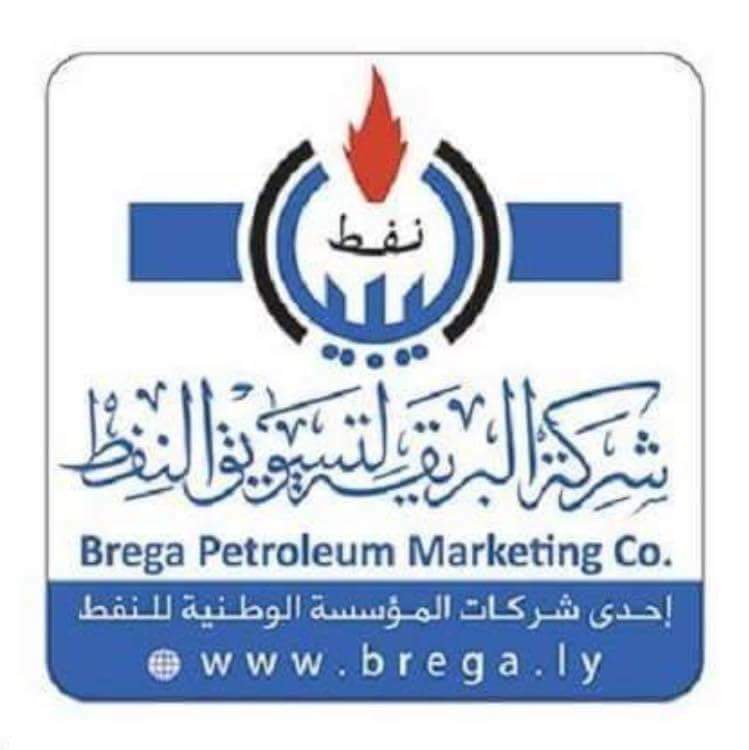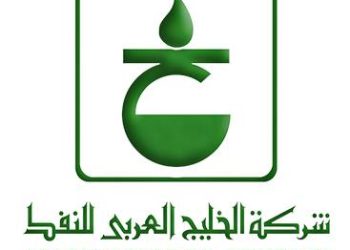Libya’s Brega Oil Marketing Company, the National Oil Corporation’s (NOC) subsidiary charged with fuel imports and distribution, announced today that it has started its automated fuel truck tracking system.
Brega said the operations and automated tracking room was inaugurated by its Chairman, Fouad Ali Balrahim, in the presence of Board members and several managers and company officials.
A quantum leap
Brega said the step is a quantum leap in direct communications with the drivers of the company’s fuel trucks and immediate response to any emergency faced by the company’s drivers, as well as enforcing regulations on speed compliance and good behaviour on the public road.
Brega said that among the most important advantages of the system are:
* The possibility of direct communication with drivers.
* SOS emergency alarm system.
* Ability to stop the truck engine remotely.
* Accurate identification of cargo unloading locations.
The project was implemented under the supervision of the General Directorate of Information and Communications Technology, and will manage the main operations room of the tracking process in cooperation with the departments concerned with controlling the movement of fuel trucks.
This project, Brega added, underscores its commitment to digital transformation and enhanced oversight to serve the public interest.
If successful, a possible quantum leap in Libya’s anti-fuel smuggling efforts?
Successive Libyan governments since the 2011 revolution have made unsuccessful efforts to counter the country’s huge cross land and sea border fuel smuggling problem. Last month, Naji Issa, Governor of the Central Bank of Libya put the country’s annual fuel smuggling bill at about LD 20 billion (US$ 2.7 bn). This equates to about a third of all annual government fuel subsidies.
The launch of e-tracking of fuel trucks is part of the government’s wider effort to counter this fuel smuggling across land to neighbouring countries and across the sea to states where fuel prices are unsubsidised to the high levels of Libya. A subsidised litre of petrol in Libya today costs LD 0.15 – about US$ 0.02.
It will be recalled that in July 2024, Tripoli based Libyan Prime Minister, Abd Alhamid Aldabaiba, and the head of the Audit Bureau, Khaled Shakshak, attended a workshop on launching an enhanced fuel truck tracking and fuel monitoring system on Brega fuel trucks.
This ‘‘anti-fuel smuggling system’’ involves converting the fuel outlet valves on fuel delivery trucks from simple mechanical valves that can be opened by anyone at any time, to electronic valves that can only be opened at the targeted petrol station.
The system also includes an electronic fuel gauge to measure the amount of fuel delivered; electronically sealed fuel inlets and control cameras fitted to the delivery truck.
In parallel to this, an electronic gauge is to be installed at the fuel tanks in petrol stations.
Formation of a technical committee
At the workshop, the Prime Minister directed the formation of a technical committee from all relevant authorities to evaluate the system and the practical steps to be taken to ensure its implementation throughout the country.
Fuel consumption quotas for citizens and unsubsidized prices for foreigners
Moreover, at the July 2024 workshop, subsequent possible and more advanced phases of the system included fitting electronic fuel pumps at petrol stations that can identify if the refuelling citizen’s car has used up its allotted subsidised fuel consumption quota, if it is reported as stollen, or if it belongs to a foreigner.
Foreigners could pay higher unsubsidised fuel price
The system could be set up so thatforeigners would pay a higher unsubsidized price for petrol. Quotas are the average worked out by the government of how much fuel the average Libyan citizen consumes per day/week/month/year. Fuel consumption quotas are part of the government’s plans to reform fuel subsidies by paying citizens directly the average amount of fuel they consume while raising fuel prices. This is to reduce the abusive consumption and smuggling of fuel across Libya’s porous borders.
.
Attorney General holds anti-fuel smuggling high summit
Ten expatriates convicted for smuggling 1.185 million litres of fuel off the coast of Zuwara
PM Aldabaiba attends workshop on an experiment of an electronic system to prevent fuel smuggling
Secular and religious agree on need for Libya’s gradual energy subsidy reform
Attorney General bans 15 petrol stations for fuel smuggling abroad (libyaherald.com)
Libya’s fuel smuggling: a new Swiss connection is revealed (libyaherald.com)
Alternatives to fuel subsidies with cash payments delivered to Aldabaiba (libyaherald.com)
Libya evaluating subsidies for renewable energies – within existing fuel subsidies (libyaherald.com)
Libya’s annual fuel bill rose to US$ 12 bn due to increased electricity production (libyaherald.com)
44 Brigade continues fight against fuel smugglers – LibyaHerald
Libya’s fuel smuggling: a new Swiss connection is revealed – LibyaHerald
PC Air Force supports NOC’s anti-fuel smuggling initiative – LibyaHerald
Tunisians make large fuel smuggling bust on border – LibyaHerald
Coast guard arrests two tankers on suspicion of fuel smuggling – LibyaHerald
Attorney General investigates petrol company executives over fuel smuggling – LibyaHerald
Brega to inspect all petrol stations in its continued anti-fuel smuggling drive – LibyaHerald









